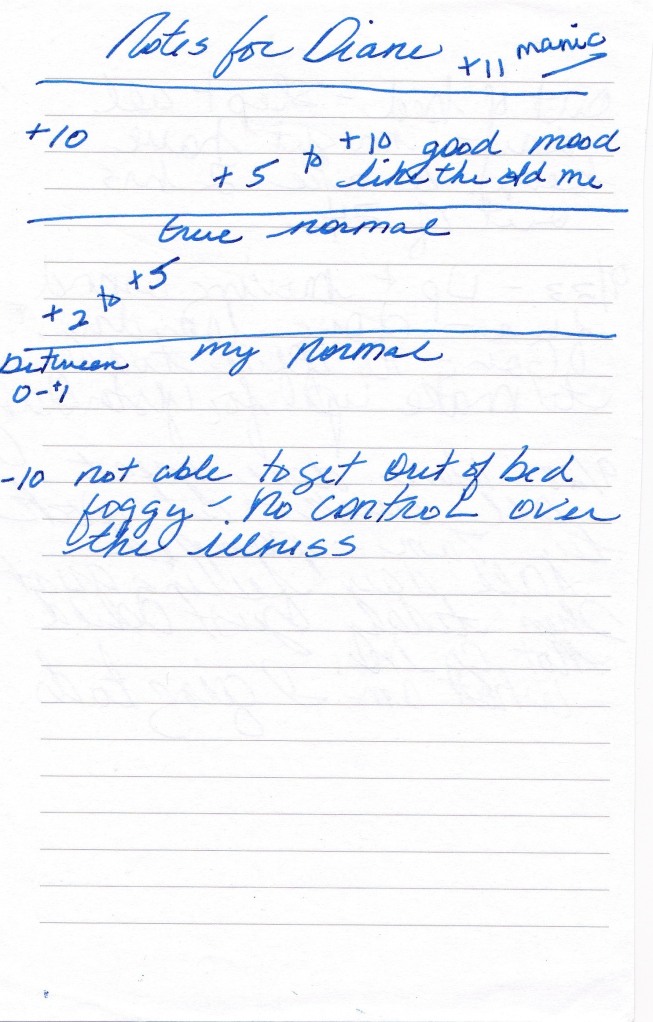Original post 5/2014
It was a normal Sunday like any other. I was 6 and my brother was 3 1/2 years old, my mother was taking us to the lake. We never went to the lake, and I began to get excited about playing in the water. I also grew concerned, about what did she have on her mind. Even at 6 years old I knew she always had an agenda. We pulled up to the picnic tables on the far side of the lake, nowhere near the water. She tells my brother and me that our parents are getting a divorce. Not understanding what it meant I asked her to spell it for me. I kept repeating the spelling in my head so I could ask my friend. I would find out sooner than later. Gramp’s truck was overflowing with my father’s belongings. They were driving off as we rounded the corner.
Their relationship went from bad to hell on earth. My mother took every chance to tell us how much she hated him. She married within six months his name was R known as (Nazi & Lucifer). He was her supervisor at work and could get her the white picket fence. We moved into a new house with a big backyard, things looked so normal on the outside. If people only knew the carnage on the inside.
Custody was a nightmare, Daddy would bring us home and she would throw things at him. One time she hit him in the head with the Sunday paper. This was the beginning of a twice-a-month cycle of harassment.
After a couple of years, we moved to a country with, a population of 137. It was almost a two-hour trip. One Thanksgiving my dad arrived 15 minutes early and she called the sheriff. My dad didn’t get out of the car, he knew he was early and she was crazy.
It’s sad parents separated or divorced talk bad about the other. It was not just my mother, her mother and grandmother, they hated my dad. He forced her to get pregnant and I’m the devil’s child. They would call our house ranting about how I was a mistake, ruined my mother’s future, and how much they hated my father. We lived in a toxic environment because my mother was toxic.
The scars my brother and I had from their behavior were nothing compared to the abuse inside the house. It reached a point where I had to go pick my brother up to avoid her shit. My father was no angel but he never talked bad about my mother. My mother told me that daddy raped her and I was a mistake. Her common saying, like several times a day, I hate your father, and you are just like him. At 9-10 years old it doesn’t take long to figure out your mother hates you because you’re just like your father.
I don’t know why, I wondered if could be true, I held it in for years. I don’t know how we got to the topic. I was angry at my father and spit out what she had told me. The look in his eyes said everything. My father was so hurt and said I loved your mother.
When my father killed himself he had a lock box on the coffee table and papers spread everywhere. Their divorce papers were on the table, his Bible open to Job and a notepad with written words scattered on the page. No sentences, I did see the number for the suicide hotline and one of his oldest friends. Written in one corner was 11:00 and he died between 7-8 pm. I wondered if it took him that long to pull the trigger or if was he trying to fight his demons. There are tear stains in the Book of Job.
Warrior









You must be logged in to post a comment.